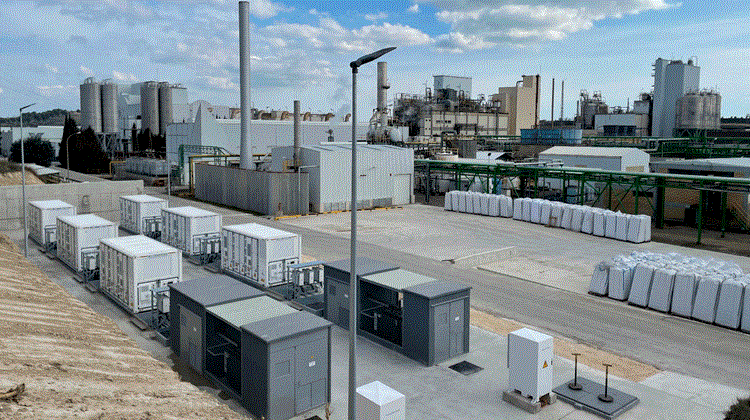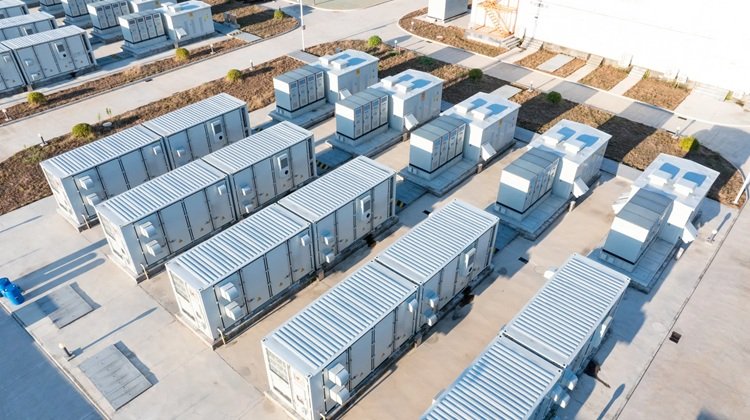A major China-based solar technology manufacturer—widely recognized for its global utility-scale deployments—is advancing more than 2.5 GW of battery energy storage system (BESS) projects across Latin America. The company is now seeking to expand into Colombia, where regulatory conditions for large-scale storage are still under development.
During the Future Energy Summit (FES) Colombia, company executives explained that Colombia represents a strategic market for solar-plus-storage solutions, despite the absence of a dedicated regulatory framework to integrate BESS into the national grid. The firm aims to position itself as a technology partner for utility-scale developers, replicating its role in other Latin American markets.
Regionally, the company has already built a significant footprint.
“In Chile we are executing a 1.2 GW BESS plant, and we have already secured another 1.5 GW project scheduled for 2026,” said Andrés Iriarte, Utility Sales Director, during the conference.
“In Argentina, we are participating in the AlmaGBA national battery auction, which positions us well for when Colombia’s regulation allows storage projects to contribute to grid reliability,” he added.
The company’s strategy combines advanced equipment design—from high-efficiency PV modules to robust solar trackers—with local technical support throughout the life cycle of each project. This includes LCOE (Levelized Cost of Energy) modeling, guidance on optimal module and tracker technologies, and assessments of each site’s environmental and climatic requirements.
However, entry into Colombia’s BESS segment remains constrained by the regulatory environment. “At the moment, Colombia does not have active BESS regulation that would allow us to participate in large-scale projects,” Iriarte noted. The company is closely monitoring regulatory developments that could open the door to utility-scale storage.
Colombia’s Energy and Gas Regulation Commission (CREG) has recently issued Draft Resolution 701-103 of 2025 for public consultation. The measure proposes the technical, commercial, and operational conditions for integrating Battery Energy Storage Systems (SAEB) into the National Interconnected System (SIN). The draft aims to build upon CREG Resolution 098 of 2019, positioning storage as a recognized grid asset for congestion management, contingency response, and service-quality improvements.
At the same time, the company is analyzing opportunities in upcoming reliability charge auctions and in mechanisms derived from the government decree issued on October 16, which could create new procurement pathways for renewable generation and grid-connected BESS.
Outlook to 2026: Technology Innovation and Market Readiness
The company’s strategic planning also considers Colombia’s 2026 political cycle, which may introduce a period of transition. Regardless of the policy environment, the firm will maintain its focus on innovation in high-efficiency PV modules, advanced tracking systems, and utility-scale BESS solutions.
“Looking ahead, it’s essential for Colombia’s energy-security strategy that projects be well-prepared,” Iriarte emphasized. “Developers should seek partners with over a decade of in-country experience, strong financial and technological capabilities, and the ability to support a project from design through execution, operation, and after-sales service.”



























